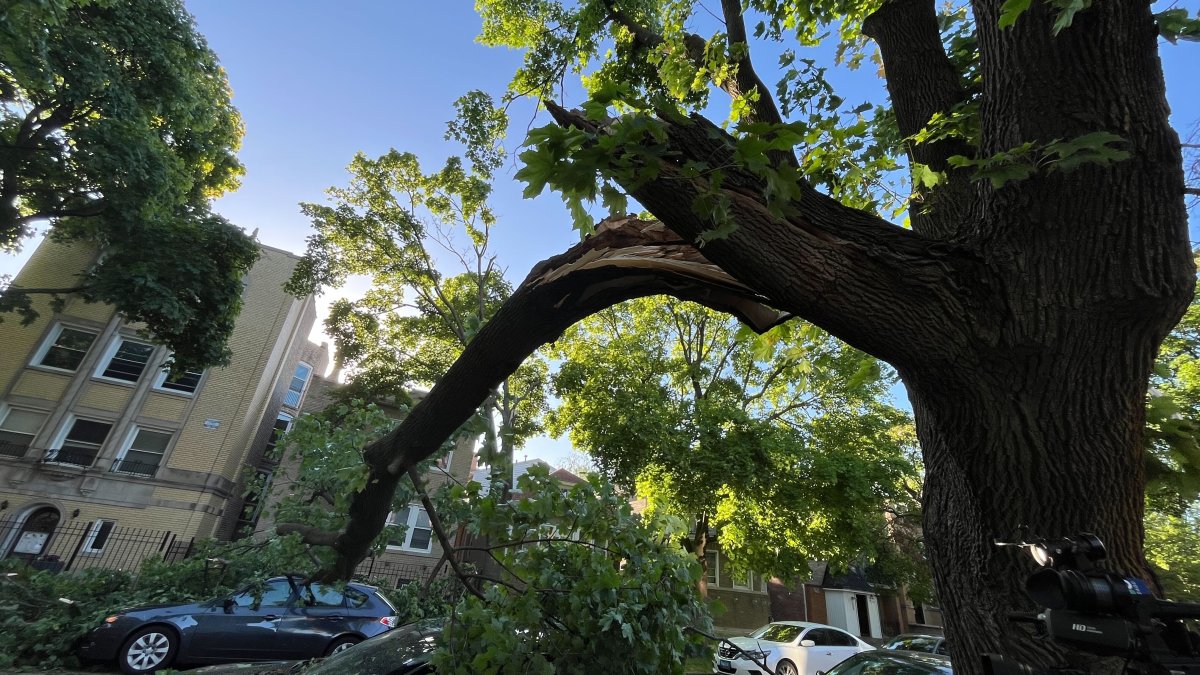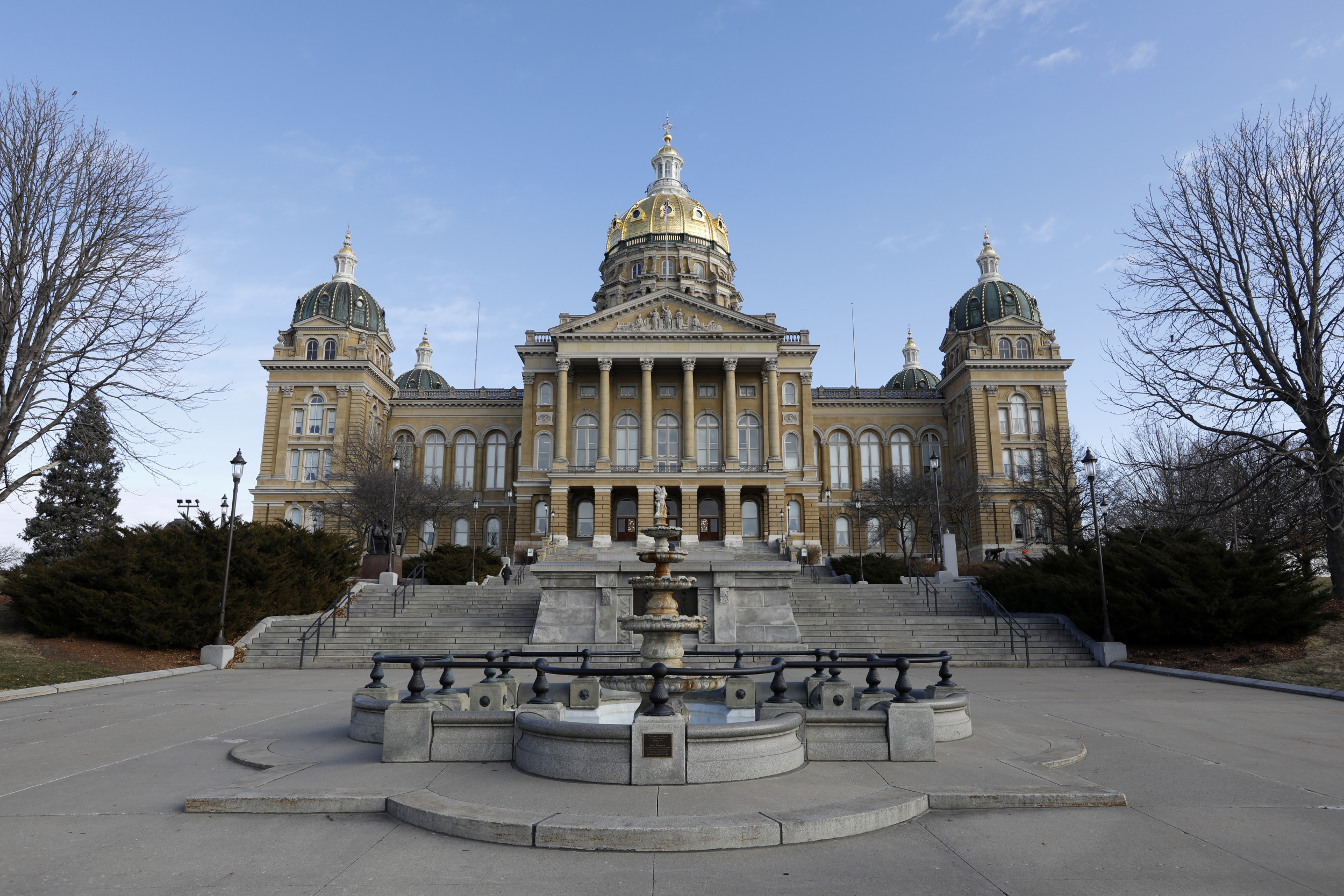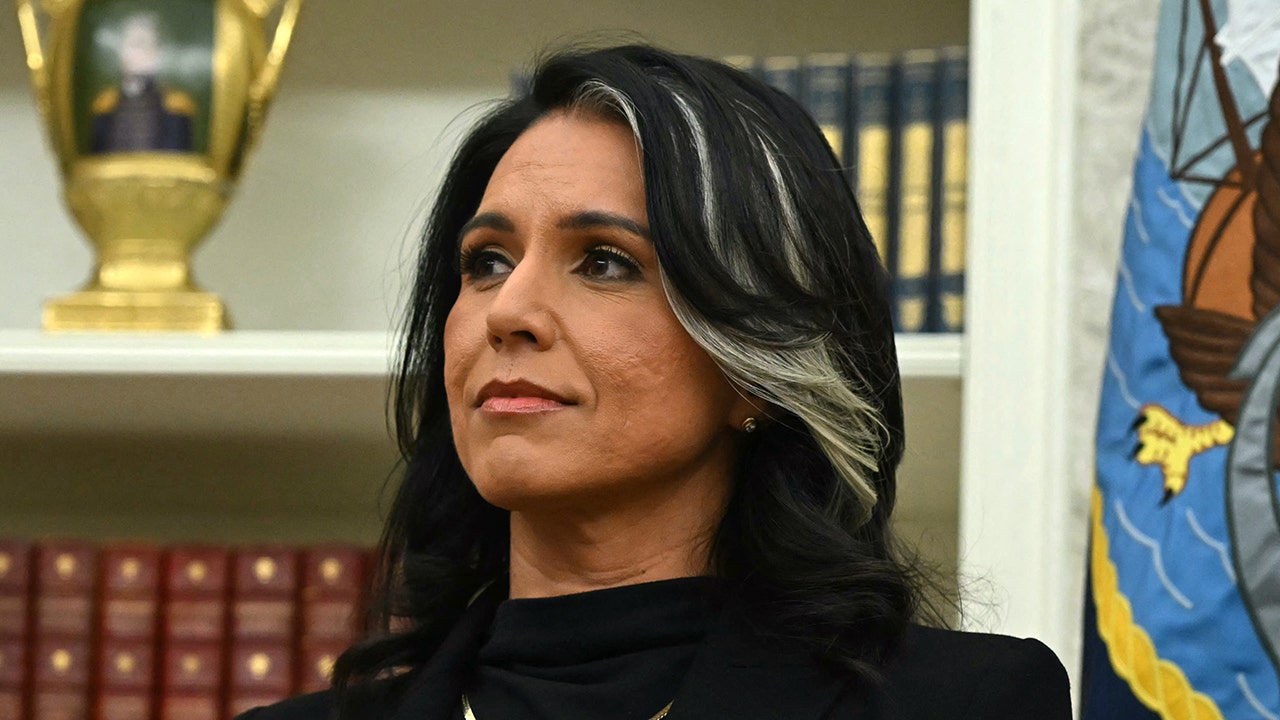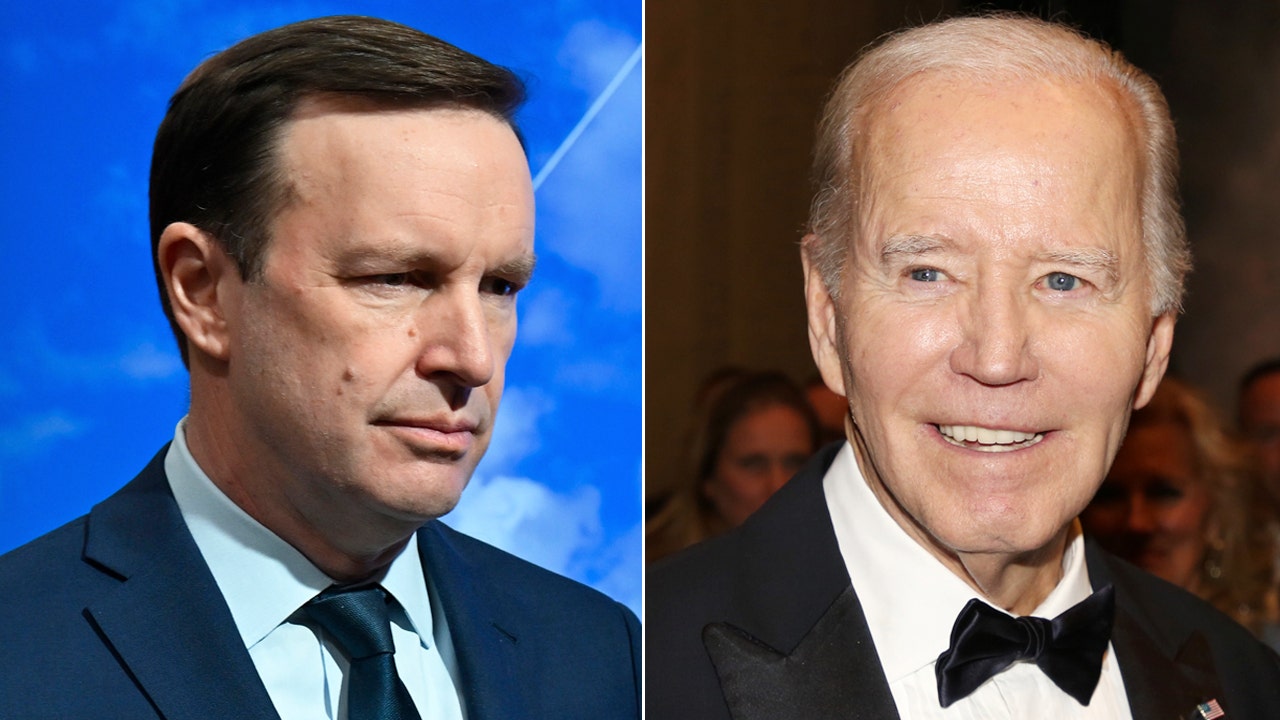Massachusetts
This is the coolest small city in Massachusetts

If as the song goes, there’s a feeling you get when you look to the west, and you live in Massachusetts, then maybe the Berkshires have something to do with it.
That’s because Stockbridge, Mass., pop. 2,018 as of 2020, made the cut in travel site Fifty Grande’s recent list of the “coolest small cities” in every state.
“The Berkshires are the kind of place you drive through, look at whoever you’re with, and say, ‘Boy, this looks like a Norman Rockwell painting,’” Fifty Grande’s Matt Meltzer wrote.
You can attribute those Rockwellian associations to the fact that much of “Rockwell’s work was inspired by Stockbridge and its surroundings; so much so the town is home of the Norman Rockwell Museum,” Meltzer continued.
The artist’s “images of pastoral American life aren’t the only cultural attraction: Stockbridge is also home to the Clark Art Institute and a large collection of historic homes and museums. In the winter, Main Street turns into a Christmas wonderland, another classic image of Americana you can only find in Stockbridge,” he wrote.
Based on an analysis of U.S. Census data, here are some other facts about Stockbridge:
- Average Age: 60.1 years, which is about 1.3 times the Berkshire County average of 47.1 years old; and 1.5 times the statewide average of 39.6 years old.
- Gender Breakdown: The city is 57.1% female, which is 10% higher than the county and state average of 51%, the analysis showed.
- Racial Breakdown: The city is 88% white, which is about the same as the rest of Berkshire County, which is 87% white, but higher than the statewide rate of 70%, the data showed.
- Median Household Income: Stockbridge’s median income of $46,458 is lower than the countywide media of $63,159 and the statewide median of $89,026, the data showed.
The other New England cities in the Fifty Grande rundown are: Mystic, Conn.; Bar Harbor, Maine; Lincoln, New Hampshire; Newport, Rhode Island, and Brattleboro, Vermont.
As it compiled its nationwide ranking list, Fifty Grande said it wanted to highlight the smaller communities that don’t always get as much attention as the largest cities in each state.
“Lost somewhere in between are the smaller cities, often overlooked places that operate at a slower pace and a smaller scale, but still pack in plenty of great food and outdoor beauty of their own. Many have a fascinating history too; old buildings and creaky bed and breakfasts take you to a different time and place,” Meltzer wrote.

Massachusetts
More black bears need to be hunted in Massachusetts, regulators decide – The Boston Globe

“[Bears] will become established in Eastern Massachusetts if we don’t increase the harvest from our hunting seasons,” black bear state biologist Dave Wattles warned the board on Wednesday. Shortly after his presentation, the board voted for the expanded season.
If adopted by the governor’s office, the bear hunting season will be extended by more than a month, and the state will create youth bear hunting permits. Currently, bears may only be hunted during three different periods in the fall: about three weeks in September, three weeks in November, and during the shotgun deer season, which is typically in early December. Youth ages 12 to 17 may only hunt bears by using an adult’s permit, meaning that the adult may not also kill a bear that year if the youth they are supervising does.
Under the new regulations, bear hunting would be allowed continuously from Labor Day through early December. That means hunters could kill bears throughout October, which was previously off-limits. State officials expect the regulations to take effect in 2026.
Black bears were once almost eliminated from the Commonwealth due to deforestation. They’ve made a dramatic comeback: Currently, there are around 4,500 black bears in Massachusetts.
Wattles said the goal of the new regulations is to keep the population stable — below 5,000 bears, roughly — and stop the population growth.
Around 250 bears per year are taken by hunters in Massachusetts. Regulators want to almost double that number to between 450 and 500 bears killed by hunters per year. Wattles estimates that figure would stabilize the Massachusetts bear population but not reduce it.
Most bears that traverse into Eastern Massachusetts are killed in vehicle collisions with cars and trucks, Wattles said in an interview. He worries that if too many bears become established in urban parts of the state, the public’s perception of bears will sour, a concept known in wildlife biology as the “cultural carrying capacity.”
“Our bear population is very healthy,” Wattles said. “We want to maintain bears, and manage them at levels that are compatible with modern Massachusetts.”
Bears once roamed across the entire state, but after Europeans arrived in what is now Massachusetts, massive deforestation in the 1800s converted the forest into agricultural land, nearly eliminating bears and other forest-dwelling species from the landscape. In 1940, there were fewer than 10 black bears present in the state.
As the land was reforested in the 20th century, however, the bears returned. By the mid-1970s, the population reached around 100 bears; by the 1980s, around 500; and today, it’s nearing 5,000.
Though the trees have returned, new threats to bear habitat have emerged: Black bear habitat is disappearing across the United States due to suburban sprawl and urban growth, a trend that increases the odds of human encounters.
“We have a real problem with black bears,” said Bob Durand, a member of the board and former state environmental secretary. “It’s an issue of … how many black bears we can allow in the Commonwealth before real damage is done.”
“We are trying to get ahead of the problem,” he added. “Frankly, we get a ton of calls [about bears] and it takes up a lot of resources.”
Comments by the public on the expanded hunting season were mixed: Many individuals protested the change, asking the state to “leave the bears alone” and to relocate problem bears rather than increase hunting. Many others, however, wrote in favor of the regulations and, in their comments, complained about increased encounters with bears on their property.
The bear problem poses a question of “how much a society is willing to accept living with nature,” said Brittany Ebeling, deputy director of the Berkshire Environmental Action Team, a conservation nonprofit. She said that in general, she was disappointed with the board’s decision to expand hunting rather than to increase public education in the Commonwealth.
“It doesn’t feel like we’ve tried everything, or to do deterrence-based strategies [first],” Ebeling said.
But Wattles, the state biologist, argues that education is not enough to stop bear encounters: “The public has heard it all,” he said, noting that he does dozens of press interviews and public educational events every year about how to reduce bear activity in neighborhoods. The biggest issue is that people leave easy-to-access food sources for bears outside on their decks and in their backyards, he said.
“Getting the public to change their behaviors and take this message seriously, unfortunately, just doesn’t work,” he said.
Patti Steinman, a naturalist for Mass Audubon based in Western Massachusetts, said that it’s not unusual to see a bear as often as once a week when they are active. She emphasized that residents need to bring bird feeders inside overnight or not use them at all, and also to clean up any pet food outdoors.
“We as homeowners need to be responsible,” Steinman said. “The most dangerous wild animal is one that loses its fear of people. We need to respect them … They are here to stay.”
Erin Douglas can be reached at erin.douglas@globe.com. Follow her @erinmdouglas23.
Massachusetts
These key public services won’t be hit by the state’s hiring freeze, Mass. Gov. Healey says

The day after she imposed a sweeping hiring freeze across the executive branch, Massachusetts Gov. Maura Healey said her office is working to ensure the public doesn’t see any drop-off in services.
“Well, my commitment is to make sure [they don’t], and I’ve said public safety positions are off the table as our direct care positions there off the table,” Healey said Thursday after she attended the grand opening of Lego’s new offices in Boston’s Back Bay.
“I can tell you’ve got an incredibly hard-working team across government,” she continued. “I’m asking them to do more, and you know, I’m confident they’ll rise to that challenge.”
The Democratic administration announced the hiring freeze on Wednesday for the offices and agencies under its control, pointing to “widespread economic uncertainty” at the national level, and a “tightening budget outlook” at home.
It is set to take effect on May 27 and last until lawmakers approve a new budget for the fiscal year that starts July 1.
Agencies ranging from the Department of Transportation and Correction to Health and Human Services will be barred from hiring new employees. And there won’t be a waiver process, Healey’s office said in a statement.
The state budget is premised on $16 billion in federal support, and Healey and her Democratic allies on Beacon Hill have repeatedly said the state can’t backfill the money on its own.
Asked about the potential for job cuts because of the freeze, Healey appeared to rule it out, but did acknowledge that “we’ve just got to take it as it comes here, right?”
“And my job every day is to try to evaluate what’s happening, try to be proactive and also prepare,” she continued. “And you know, as I’ve said, these, these cuts by the Trump administration, unfortunately, have real consequences.”
This week, Healey sent a letter to the top Republicans and Democrats on the House and Senate Agriculture committees, urging them to back off planned cuts to the federal Supplemental Nutrition Assistance Program, sometimes referred to as “food stamps.”
Planned GOP cuts could cost the state up to $710 million a year, impacting 1 million state residents, the administration said in a statement.
On Thursday, Healey reiterated the impact of cutting the program that serves the neediest Bay State residents.
“We’re talking seniors, we’re talking single moms, we’re talking children, and he’s cutting that so you know, our job is to continue to monitor the situation, to try to be proactive and to plan, and that’s why I thought I was responsible to institute the hiring freeze,” she said.
Massachusetts
Mass. sheriff to ICE and public: ‘Everybody just needs to take a step back'

The Trump administration is warning Massachusetts communities to stay clear of U.S. Immigration and Customs Enforcement operations or else. But one local law enforcement leader is urging calm from all parties.
Essex County Sheriff Kevin Coppinger is calling for restraint after recent encounters between federal law enforcement and the public that have become more confrontational, including last week in Worcester and Tuesday in Waltham.
“Everybody just needs to take a step back,” said Coppinger, who formerly served as chief of the Lynn Police Department.
Most recent incident in Waltham occurred Tuesday when video showed ICE agents smashing the glass of a van to take a man out and handcuff him as community members pleaded for them to stop.
Follow NBC10 Boston:
https://instagram.com/nbc10boston
https://tiktok.com/@nbc10boston
https://facebook.com/NBC10Boston
https://bsky.app/profile/nbcboston.com
Recent ICE arrests in the Bay State have been met with resistance from members of the public.
“We have to maintain the peace — not take sides, but maintain the peace so nobody gets hurt,” Coppinger said.
He deals with ICE on a regular basis at the county jail. He said his involvement with the federal agency is limited by state law, unable to hold inmates for them who post bail.
He said the lack of collaboration between ICE and local law enforcement shouldn’t limit their communication, especially when agents are out in the streets.
“My request to ICE in general would be notify local police and the district attorneys or any local law enforcement that may be involved, especially in light of all the chaos and all the tension that’s in our communities now over this,” he said.
Community members across Massachusetts are reacting to recent ICE activity, with protesters taking to the streets in Worcester and advocates in Waltham working to inform people of their rights.
“You’re separating families. These are hard working people. They’re not criminals,” yelled one woman who confronted ICE agents on Moody Street in Waltham Tuesday morning. “I hope when you die, you know you did the right thing!”
Retired ICE San Antonio Deputy Field Director Julian Calderas said he’s noticed a lot more hostility recently. He warned that a situation can easily turn violent, especially if agents feel threatened.
“If [the public] have a problem with what they’re seeing or observing, there is many different ways that they could express that dissatisfaction, but I certainly would not get involved,” he said.
Calderas added that ICE can arrest people without presenting a warrant.
“If they’re here illegally, and they know they’re here illegally, they can arrest them. I think when people ask for a warrant or an order, I’m not sure people know exactly what they’re asking for,” Calderas said. “If they have an order from the judge that was ordered in absentia, the person didn’t show up for court and they were ordered deported, that’s one order. They’ve got a reinstatement of a prior deportation, that’s another order that’s an administrative order — they’re not all from the judge, you know? And then you’ve got some that may have committed a felony and entry after a felony, that’s a separate thing. So there’s some little nuances, but the common theme is if they go into a place and they’re looking for one person that they have an order of deportation for, and there’s five people there they don’t have an order for, but they’re here illegally, then they can arrest them, too.”
Video shows federal agents breaking the window of an SUV and forcing a man out of the vehicle while his wife and child were inside as the family was leaving church.
“I think what people are concerned with is when they show up looking for one specific person, ‘Show me the warrant,’ they’re getting a lot of that — they’re not going to come to their door if they don’t have a reason for it,” he added.
U.S. Attorney for Massachusetts Leah Foley issued a statement Wednesday threatening criminal charges against anyone who interferes.
“The interference with ICE operations around Massachusetts has been disturbing, to say the least. This conduct poses significant public and officer safety risks. It is conduct that should be vilified rather than glorified,” Foley wrote. “I will not stand idly by if any public official, public safety officer, organization or private citizen acts in a manner that criminally obstructs or impedes ICE operations. The United States Attorney’s Office, along with our federal partners, will investigate any violations of federal law and pursue charges that are warranted by such activity.”
-

 Austin, TX6 days ago
Austin, TX6 days agoBest Austin Salads – 15 Food Places For Good Greens!
-

 Technology1 week ago
Technology1 week agoBe careful what you read about an Elden Ring movie
-

 Technology1 week ago
Technology1 week agoNetflix is removing Black Mirror: Bandersnatch
-

 World1 week ago
World1 week agoThe Take: Can India and Pakistan avoid a fourth war over Kashmir?
-

 News1 week ago
News1 week agoReincarnated by A.I., Arizona Man Forgives His Killer at Sentencing
-

 News1 week ago
News1 week agoJefferson Griffin Concedes Defeat in N.C. Supreme Court Race
-

 Health1 week ago
Health1 week agoN.I.H. Bans New Funding From U.S. Scientists to Partners Abroad
-

 News1 week ago
News1 week agoWho is the new Pope Leo XIV and what are his views?















